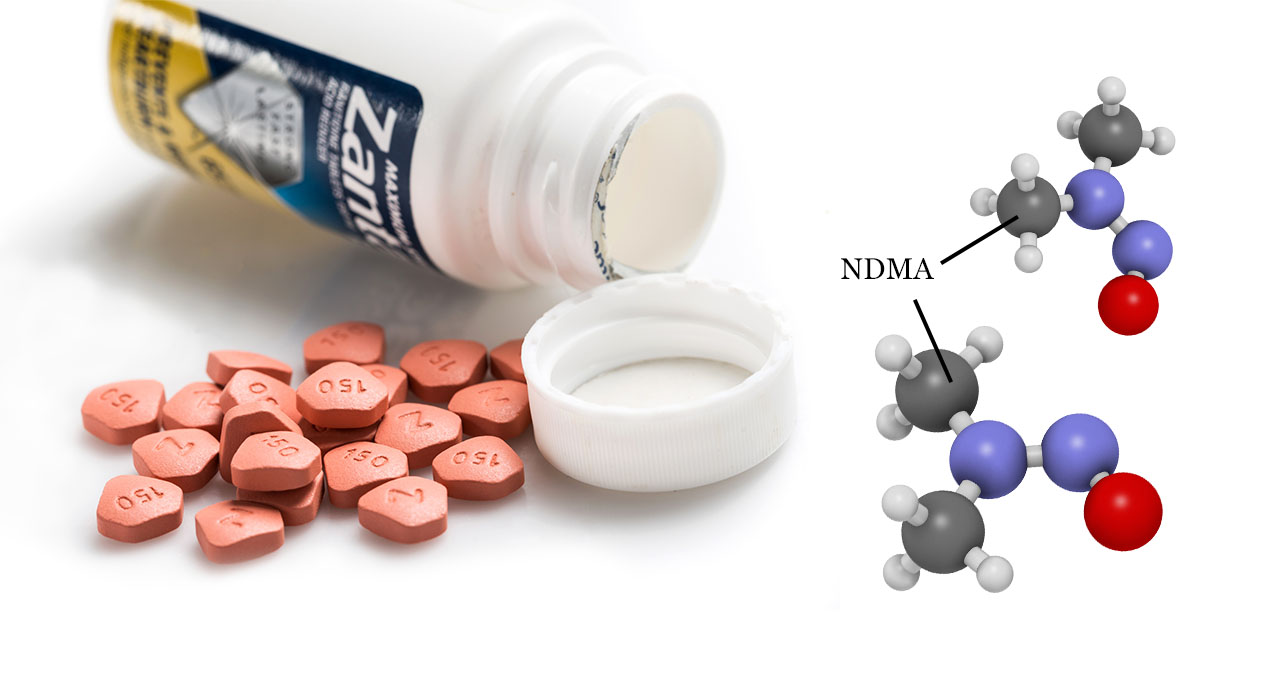Recognizing Your Legal Rights in a Dangerous Drug Suit
In the realm of drugs, browsing the complexities of a dangerous medication suit can be discouraging. From figuring out the lawful basis for filing a legal action to weighing the choices in between a class activity and an individual insurance claim, there are essential factors to consider to be made.
Lawful Basis for Suits
Discovering the legal grounds for pursuing a hazardous drug claim calls for a comprehensive understanding of appropriate laws and precedents. When considering legal action versus a pharmaceutical company for an unsafe medication, one need to develop that the drug in inquiry postured unreasonable threats that were not sufficiently disclosed to consumers. This typically involves demonstrating that the medication maker fell short to caution around recognized risks, misrepresented the medication's security or efficacy, or taken part in illegal marketing methods.
To prosper in a dangerous medication suit, complainants often rely on legal theories such as oversight, rigorous responsibility, or violation of warranty. Oversight insurance claims argue that the supplier did not exercise affordable care in making sure the safety of the medicine.
Kinds Of Compensatory Damages
Countervailing damages in a dangerous drug lawsuit encompass monetary restitution granted to complainants to compensate for losses sustained because of the injury triggered by the drug. These damages are created to make the hurt party whole once more, both economically and non-economically. There are two primary sorts of offsetting problems that may be granted in an unsafe drug suit: economic problems and non-economic damages.

Both economic and non-economic countervailing damages play an important duty in making sure that people hurt by unsafe drugs receive proper payment for their losses.
Law of Limitations

Missing the statute of constraints due date can have severe consequences, as it might lead to the case being rejected by the court. As soon as the statute of limitations has actually run out, the complainant may shed the right to look for legal recourse against the party responsible for the harm created by the dangerous medication. As a result, it is crucial for individuals taking into consideration an unsafe medicine lawsuit to seek advice from with a qualified attorney immediately to conform and understand with web the applicable law of restrictions in their instance.
Class Activity Vs. Individual Claims
Offered the varying statute of constraints in harmful drug lawsuits, people should carefully weigh the choice in between pursuing a course activity or a private lawsuit. Class activity legal actions include a team of complainants jointly taking legal action against an accused, often a pharmaceutical firm, for the exact same issue - in this instance, harm caused by a hazardous medication.
On the various other hand, specific claims supply even more autonomy and control to the plaintiff. By going after a private legal action, an individual can customize the lawful approach to their particular circumstance, possibly leading to a much more positive and personalized end result. Private suits can be more lengthy, expensive, and may result in lower payment compared to a successful class activity legal action. Inevitably, the choice between a class activity and a specific suit need to be based upon the individual's conditions, wanted level of participation, and the legal guidance got.
Seeking Legal Guidance
In browsing the intricacies of a hazardous medicine claim, protecting professional lawful advice is extremely important for guaranteeing a enlightened and strong lawful method. When seeking legal counsel for an unsafe medication claim, it is vital to discover a law office or lawyer with experience in pharmaceutical lawsuits. These instances usually include complex medical and clinical details, requiring a lawyer that comprehends both the legal facets and the clinical subtleties associated with such lawsuits.
Expert legal advice can help individuals comprehend their legal rights, evaluate the stamina of their instance, and navigate the complicated legal treatments related to unsafe medicine legal actions. In addition, a skilled lawyer can supply advice on whether to seek a specific claim or join a class-action lawsuit, based on the specific conditions of the instance.
In addition, legal guidance can aid in collecting proof, preparing legal files, working out with pharmaceutical firms or their legal representatives, and standing for clients in court if the case goes to test. By getting the assistance of educated attorneys, people can increase their chances of attaining a favorable end result in a hazardous drug suit.

Final Thought
Finally, comprehending your legal rights in a dangerous drug claim is essential in seeking payment for any type of harm caused. Recognizing the legal basis for lawsuits, kinds of offsetting damages offered, you can look here law of constraints, and the distinction between course action and private suits can assist people browse the lawful process efficiently. Looking for legal guidance is crucial in ensuring your civil liberties are protected and advocating for the compensation you deserve.
Compensatory problems in a harmful drug lawsuit encompass economic restitution awarded to plaintiffs to make up for losses incurred due to the damage triggered by the medication.The law of restrictions in a harmful medication legal action establishes the timeframe within which a complainant need to submit a legal claim against the responsible event for the injury caused by the drug.Provided the varying law of restrictions in harmful medicine legal actions, people need to very carefully evaluate the decision in between seeking a class activity or a private legal action. Individual legal actions can be a lot more lengthy, expensive, and might result in reduced payment compared to an effective class activity lawsuit. Understanding the browse around these guys lawful basis for claims, kinds of offsetting problems readily available, law of limitations, and the difference between class activity and individual claims can aid individuals navigate the lawful process efficiently.